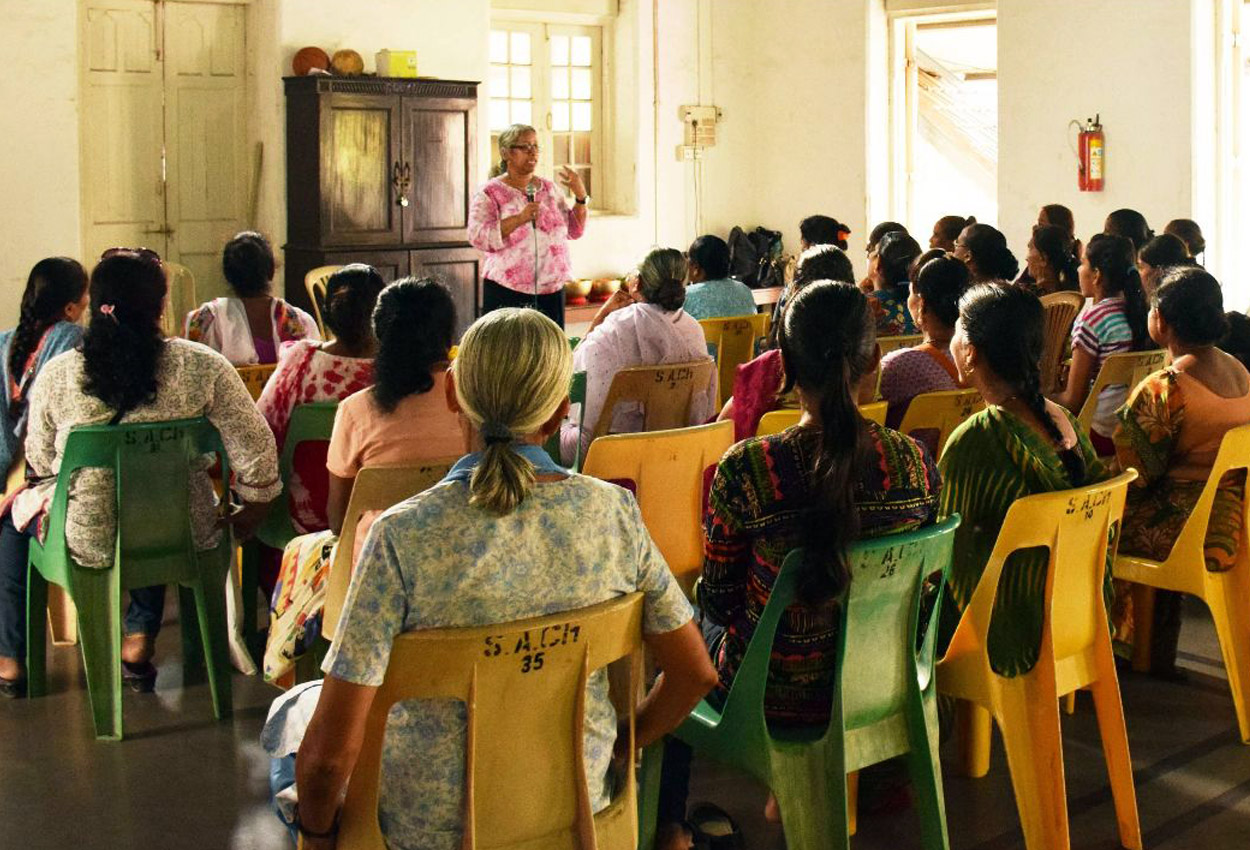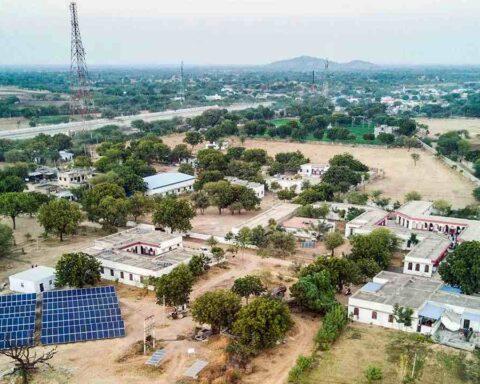The nation lurched from one crisis to another, economy was decimated, businesses were disrupted, and families faced a series of calamities and emergencies due to the Covid pandemic. But growth perked up quite fast in some sectors, and India Inc’s profits zoomed despite the slump in revenues. In this paradoxical and dangerous scenario, several companies stood apart, and went out of their way to spend huge amounts to help people. The way they invested their CSR funds in 2020-21 indicates that the health crisis was the topmost priority for them.

As governments, both at the central and states’ levels, grappled to find funds to deal with the virus, the companies liberally donated to the various state relief funds and NGOs. As people suffered – thousands died and millions wrestled with the symptoms at home, on the streets, and in the hospitals – India Inc applied a soothing balm in whatever form it could. Beds, oxygen, masks, PPE suits, and medicines were among the main expenditure heads. Some companies tried to protect livelihoods of their employees and others who lost jobs. Food supplies through dry rations were doled out, especially to migrant labourers.




























